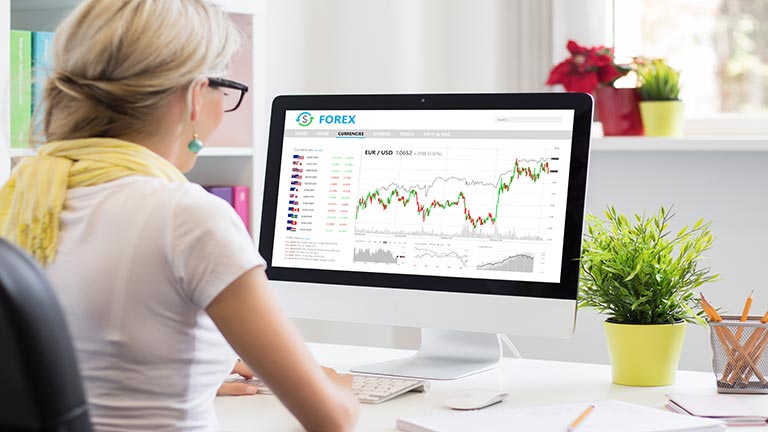Profiting from Sector Weightings

By Dale Gillham
All stock markets are made up various sectors, ranging from Information technology to Materials. You may have come across the term GICS, which is an acronym for the Global Industry Classification Standard, which is the standardised classification system for equities.
There are 11 different sectors in total that stocks are classified into, which includes: Consumer Discretionary, Consumer Staples, Energy, Financials, Healthcare, Industrials, Materials, Real Estate, Technology, Telecommunication and Utilities. While the GICS structure comprises 11 sectors, it also has 24 industry groups, 68 industries, and 157 sub-industries. But you don't really need to know about this, as our goal is to make money from the market. So how does understanding sector weightings benefit investors and traders, and how can you profit from them?
Profiting from sector weightings
Sector weightings help investors identify and compare companies, as well as their exposure to economic factors. Each sector will be influenced by different events and understanding this is a valuable skill for any investors. Because you will be able to preemptively identify potential changes in each sector and the market place as a whole. Therefore, you will be able to determine whether stocks in a particular sector will most likely rise or fall because being forearmed enables you to profit more and lose less.
Each of the sectors are different in both the number of companies listed and market capitalisation. Certain sectors such as the Financials have a number of very large companies by market capitalisation and, as such, make up a large proportion of the overall market. FAANG stocks, for example, which include Facebook, Apple, Amazon, Netflix and Google, contribute around 10 percent in market capitalisation to the S&P 500.
It is important to understand that some companies will have a higher market capitalisation, which can directly affect the markets performance. For example, in Australia technology makes up 3.4 percent of the total market, whereas in the US S&P, technology makes up a quarter of the total market. Any movements in the technology sector in Australia will have less of an impact on the market as a whole. Whereas in the US, any movements in tech stocks can see the market move quite heavily.
Given this, just because a market is moving up or down does not necessarily mean your stocks or a sector is moving in the same direction as the market. All too often investors get nervous when a market is falling, but what they need to understand is that some or all of their stocks may not be and could in fact be rising.
Understanding sector weightings and how sectors with higher weightings can push the market around is vitally important for investors and traders to know, as you want to have your money invested into the sectors which are more likely to exhibit growth and grow your capital than have it in those that are falling in value.
Sector weighting your portfolio
I am often asked if people should sector weight their portfolio, meaning should they balance their portfolio based on the weightings of each sector. This is a standard practice of investment managers around the world and retail investors are often told to follow suit and purchase stocks in multiple sectors to balance their portfolio.
So what is my answer to sector weighting? I do not practice it as it does not work. All I want is to own stocks that are rising, therefore, I look at sectors that are rising or about to start rising and purchase stocks in them. If sectors are falling and stocks in that sector are also falling, then I exit.
So what's happening in the market? Watch the video to find out.






